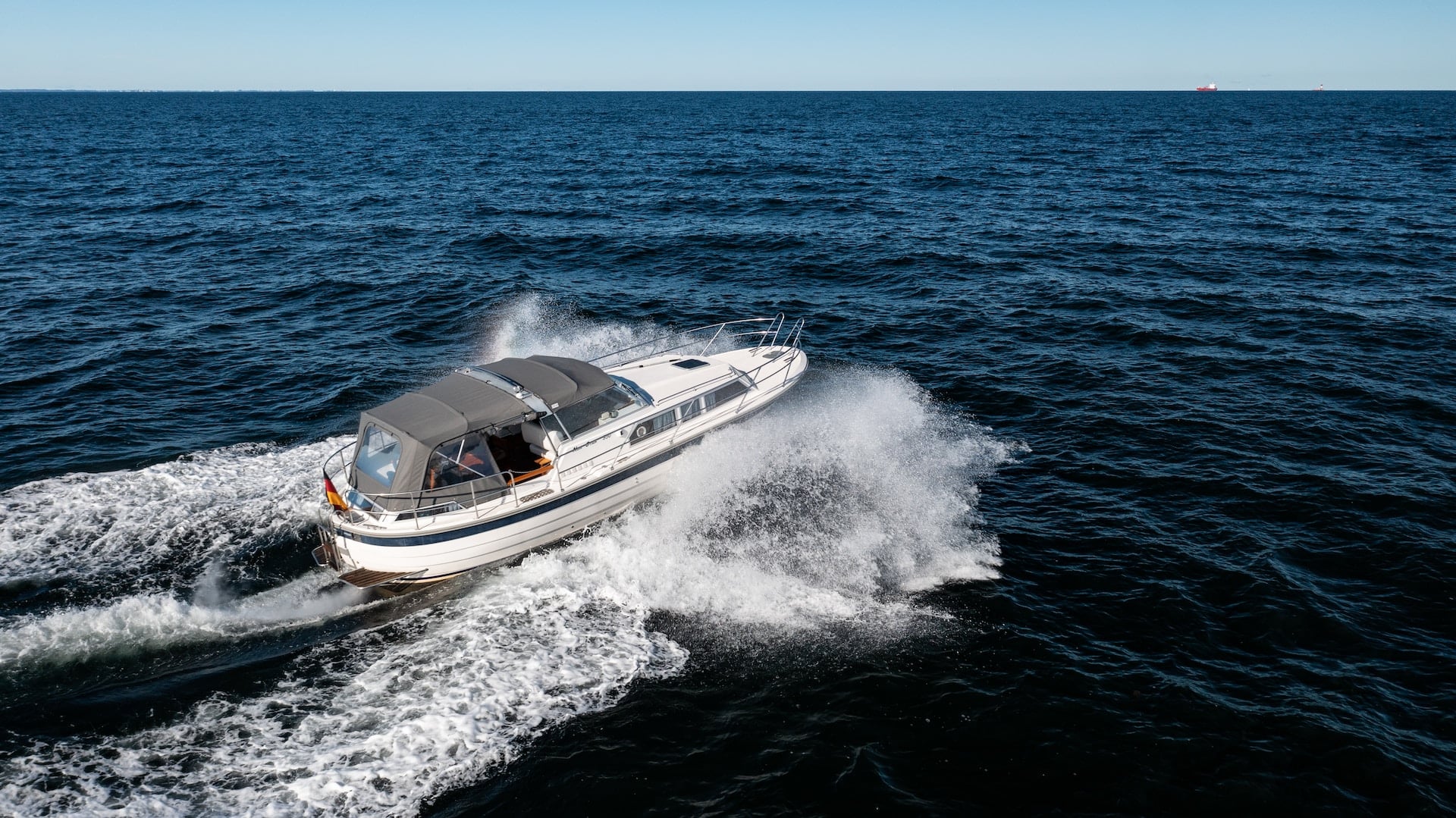The rapidly evolving world of technology and data has revolutionized the auto insurance industry, giving rise to usage-based auto insurance policies. These innovative policies, often referred to as “telematics” or “pay-as-you-go” insurance, use real-time driving data to calculate premiums based on individual driving habits. As a result, safe and responsible Florida drivers have the potential to save on their auto insurance costs. But is usage-based auto insurance the right choice for everyone?
In this educational article, we’ll explore the pros and cons of usage-based auto insurance, delving into how it works, the benefits it offers, and its challenges. By examining the implications of this modern insurance model, you’ll be better equipped to determine whether it’s a suitable option for you and your Florida driving lifestyle. Get ready to discover if usage-based auto insurance can pave the way to savings and a tailored coverage experience.
1. How Usage-Based Auto Insurance Works
Usage-based auto insurance uses advanced technology to monitor and gather data on a driver’s behavior, such as mileage, speed, braking patterns, and the time of day the vehicle is driven. By installing a small telematics device into the vehicle or using a mobile app, the insurance company receives real-time data from your driving activities and calculates premiums accordingly. This personalized approach allows insurers to adapt their pricing based on a driver’s actual risk profile, rewarding safer driving habits with lower premiums.
2. Pros of Usage-Based Auto Insurance
There are several benefits to using a usage-based auto insurance policy, including:
– Potential Cost Savings: The most significant advantage of usage-based insurance is the potential for cost savings. By adopting safer driving habits, you may be able to secure lower premiums than those offered by traditional insurance models.
– Customization: Usage-based policies allow for personalized insurance plans that accurately reflect your driving behavior, providing a more tailored experience than what traditional insurance models offer.
– Encouragement of Safe Driving: The feedback from usage-based insurance providers can help improve your driving habits. Some policies even offer real-time coaching and tips to help drivers adopt safer practices on the road. Additionally, knowing that your driving behavior directly influences your insurance costs can incentivize safer driving.
– Mileage-Based Options: For drivers who rarely use their vehicles or have low annual mileage, usage-based insurance may offer significant cost savings compared to traditional policies with fixed premiums.
3. Cons of Usage-Based Auto Insurance
Despite the potential advantages, there are also drawbacks to using usage-based auto insurance:
– Privacy Concerns: One of the most significant concerns among drivers considering usage-based insurance is the potential invasion of privacy. Some drivers may feel uncomfortable sharing detailed driving data with their insurers. Additionally, there is a risk that insurers could monetize or share this driving data with third parties.
– Limited Savings Potential: Not all drivers will experience significant cost savings with usage-based insurance. Those with less-than-perfect driving habits or who drive frequently in high-risk zones, such as bustling urban areas, may not see substantial premium reductions.
– Variability in Cost: While some drivers appreciate the tailored nature of usage-based insurance, others may find it challenging to budget for their monthly premiums due to the variability in cost. This unpredictability can make financial planning difficult for some policyholders.
– Device Installation: Some usage-based insurance policies require the installation of a telematics device, which may be inconvenient for some drivers.
4. Factors to Consider When Choosing Usage-Based Auto Insurance
Before choosing a usage-based auto insurance policy, it’s important to evaluate various factors and determine if it’s the right fit for you:
– Driving Habits: If you regularly adhere to safe driving practices, such as obeying speed limits, avoiding sudden braking, and minimizing distracted driving, a usage-based policy may be a good fit. Conversely, if you have some bad driving habits, you might not enjoy significant savings.
– Annual Mileage: Drivers with low annual mileage stand to save more with usage-based insurance. The less you drive, the lower your risk of being involved in an accident, leading to potential savings on your premiums.
– Privacy Concerns: Are you comfortable sharing your driving data with your insurer? It’s important to weigh the privacy trade-offs against the potential savings when considering usage-based auto insurance.
– Provider Availability: Not all insurance providers offer usage-based policies in Florida, so you may have limited options in terms of carriers. Be sure to research different providers and compare coverage details, discounts, and devices or app compatibility.
Usage-based auto insurance offers a highly personalized approach to car insurance, allowing drivers the opportunity to save on premiums by adopting safer driving habits. This innovative model has both its advantages and disadvantages, and it’s essential for Florida drivers to weigh these factors when deciding whether usage-based insurance is the right fit for them.
Making the Choice: Is Usage-Based Auto Insurance Right for You in Florida?
Choosing the right auto insurance policy is an important decision that impacts both your finances and your peace of mind on the road. As you explore the pros and cons of usage-based auto insurance, consider whether the potential cost savings, customization, and incentivization of safer driving habits outweigh the possible drawbacks, such as privacy concerns or unpredictable premium costs.
No matter your decision, the experts at Florida Manufactured Home Insurance Agency are here to guide you through every step of the car insurance selection process. As a trusted insurance provider in Florida, our team is dedicated to helping you find the optimal coverage for your unique needs and preferences. Browse our solutions for auto insurance in Florida and connect with one of our knowledgeable agents to make an informed decision regarding usage-based or traditional auto insurance in Florida. Let us help you secure the coverage that ensures your safety and satisfaction every time you hit the road.




